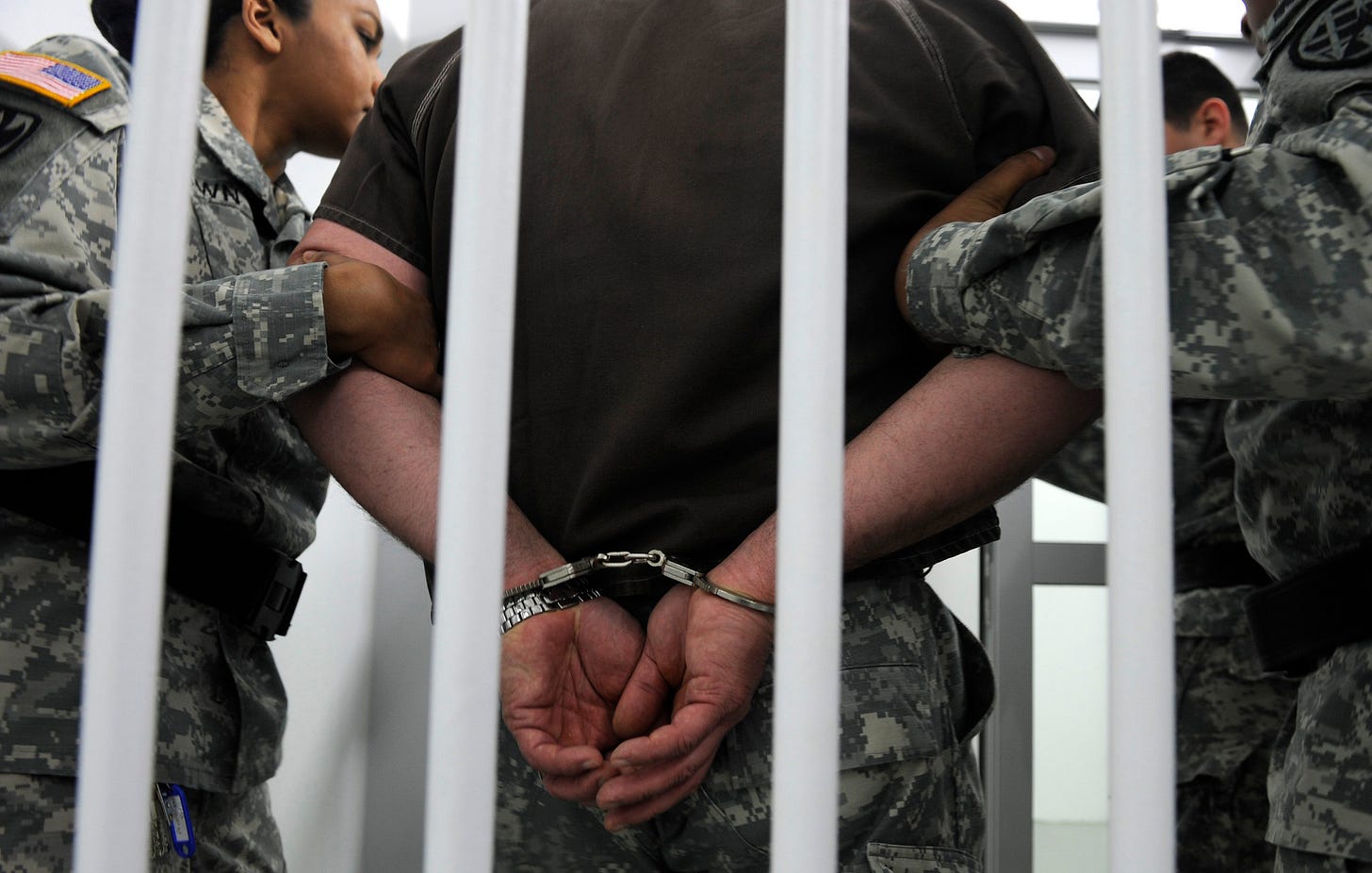Military members can be prosecuted for obeying illegal orders
The primary obligation is not to obey commands, but to obey the law.

President-elect Donald Trump’s plans to expand the United States by force would, if implemented, almost certainly violate both the U.S. Constitution and international law. In the light of these developments, it is essential for military members to understand that they can be held personally accountable for carrying out illegal orders.
All U.S. service members have sworn an oath to protect the Constitution. This oath is not just a verbal commitment — it is a deep moral and legal obligation to the American people. For failing to uphold this oath and involvement in war crimes, members of the military can be individually sued, prosecuted, and severely punished by law, regardless of who gave the instructions.
The duty to disobey illegal orders
A service member’s primary obligation is not to obey their superiors or the commander-in-chief, but to obey the law. The Uniform Code of Military Justice (UCMJ) clarifies that the duty is to obey “lawful orders”. This has been interpreted to also mean that a military member has the duty to not obey an unlawful order.
Legal punishment
Obeying an unlawful order can result in severe legal consequences for military personnel, including up to life imprisonment.
“I was only following orders” is not a valid justification for carrying out illegal military actions. As common sense suggests, and legal precedent confirms, such a defense does not hold up in court and does not shield individual military personnel from legal consequences. Severe legal penalties are particularly to be expected for following “patently” illegal orders, meaning “the accused actually knew it was illegal or a person of ordinary sense and understanding would, under the circumstances, know the order was illegal.” Few things could be as patently illegal as the order to invade an allied country that hasn’t shown any sign of military aggression towards the United States. Anyone with even a rudimentary understanding of international law should have no doubt about the unlawfulness of such an order. Trying to defend such an act in court by claiming ignorance would be laughable and futile.
“I didn't have time to think” might be a plausible legal defense for following an unlawful order in certain military circumstances, particularly in the chaos of combat, where there may be little opportunity to reflect on its legality. However, in the present case, we are dealing with scenarios that would require significant logistical preparation, and which are already being widely discussed in the media long before they could potentially be carried out. Therefore, the didn’t-have-time-to-think defense would not stand up in court. In any case, there would be ample time and opportunity to carefully consider the situation and, if necessary, seek legal counsel.
Learn more:
To receive new posts straight to your inbox, sign up to my newsletter. I don’t do paywalls. I don’t do ads. If you’d like to show your support for my writing and help this project grow, consider upgrading to a paid subscription for only a few dollars a month. This will help me to continue this work — and keep my articles available to everyone.







Remember what was stated In the Nuremberg trials "following orders" is not a defence.
Thank god for you